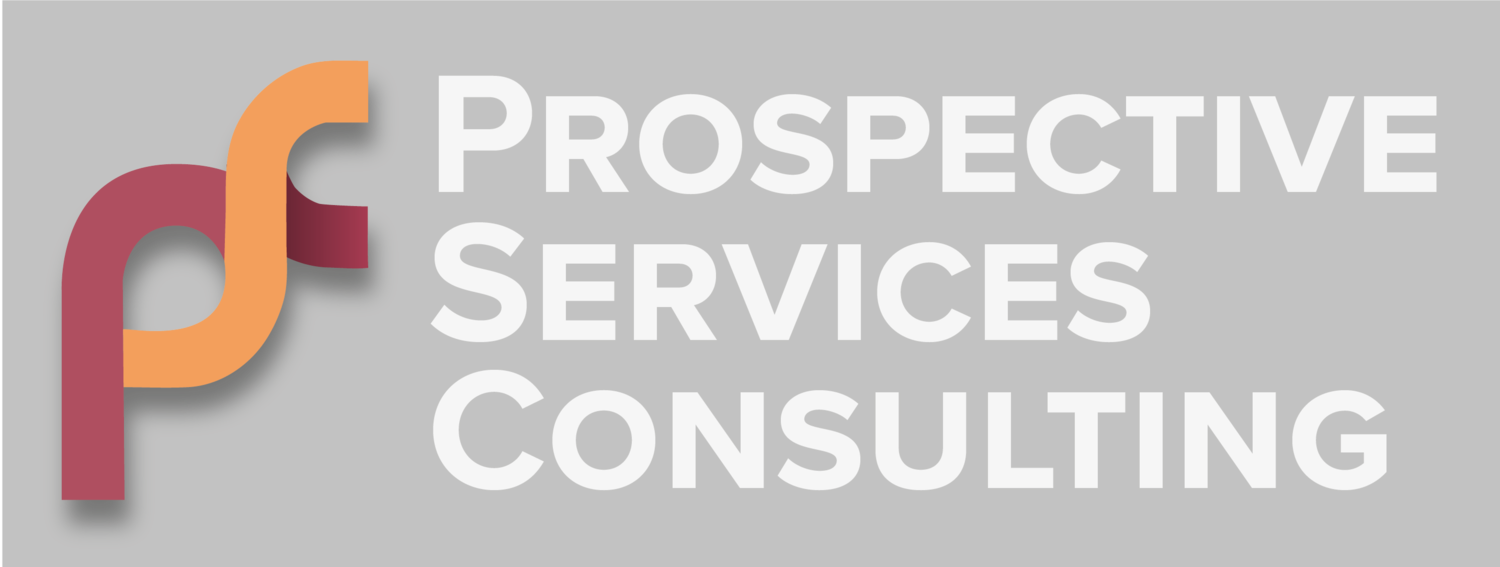Images of a Sustainable Primary School
Rowena Morrow
Abstract: This piece explores the development of a facilitated workshop for primary school children around sustainability and the children’s images of a preferred school environment. A rationale for the Workshop is outlined; design principles and methodologies are discussed, as are the approaches taken to interact with an audience of concrete operational thinkers. The Pilot School for this workshop is used as an example.
Playing the Neohumanist Game
Dr Peter Hayward
Abstract: This piece discusses how the social change theory of P.R. Sarkar is introduced to students of the Masters in Strategic Foresight program at Swinburne University through an experiential learning approach; the ‘Sarkar Game’. After observing how participants learn from the experience of acting out Sarkar’s social cycle it is suggested that this approach can also act as a partial pathway to the development of neo-humanist perspectives in participants.
CLA applied to the paid maternity leave debate
Rowena Morrow
Abstract The commentary around paid maternity leave in Australia in the early 2000s brought many vested interests into stark relief. It illustrated the lack of depth in the debate of issues surrounding motherhood, childrearing, fertility rates and the effect that economic incentives can have on reproduction. The application of Causal Layered Analysis (CLA) to the ideological positions of those involved in the media skirmishes will illuminate the myths on which their arguments are based, and can provide guidance as to the real issues requiring discussion.
Facilitating Foresight: Where the foresight function is placed in organisations
Dr Peter Hayward
Abstract This paper will introduce the Viable Systems Model and in particular the Meta System component of that model, as a framework within which to consider how foresight can be facilitated in organisations. It will show how the System 4 function within the Meta-System is in a position to facilitate processes that will produce effectiveness and the development of overall system identity. It will also show how adopting another framework for understanding the paradigms or worldviews that operate in organisations can enhance the likelihood that these processes will be successful.

